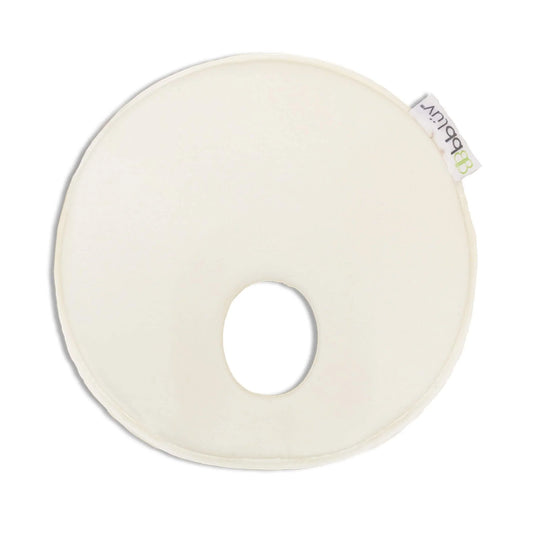Naps: How long are your baby's sleep cycles?
Between 12 and 16 weeks of age, babies begin to experience sleep cycles during naps that they didn't have before. These cycles last about 45 minutes. So having "mini wake-ups" after that time is completely normal and expected. Your baby's sleep cycles begin to consolidate from 5 months onwards and you can expect the length of his naps to become longer and more continuous. The problem arises when your baby has trouble connecting one cycle after another, that is, falling back to sleep after that "mini wake-up."
What are your baby's sleep cycles like?

As you can see in the picture, your baby enters a deep sleep between 20-30 minutes after falling asleep. Then, he has a period of light sleep before the new cycle and that is when he wakes up .
Babies who sleep for 1h30 or 2 hours straight also experience awakenings after 40 or 45 minutes. However, they have managed to connect with the next sleep cycle and thus continue with their nap.
How to get longer naps for babies older than 5 months?
If your baby is not able to connect with his next sleep cycle and take longer naps, here are some reasons why:
- Is your baby over-tired or not tired enough at bedtime? Make sure your baby has the right sleep windows for his age.
- Does your baby not know how to connect the sleep cycles and does not fall asleep on his own ? Your baby may need your help to achieve this. If he wakes up, put the pacifier or the bottle back in, rock him, or help him fall asleep by placing your hand on his chest. The important thing is to try to get him to connect to the next cycle.
- Is there too much light in your baby's room? Darkness is a key factor for your baby to fall back to sleep and connect with the next sleep cycle, especially during naps. We recommend portable blackout curtains to create a light-free room.
- Are outside noises keeping your baby from sleeping? Use the Mini Rest® white noise machine to isolate those annoying noises that interfere with their naps.
- Is your baby hungry? Make sure your baby doesn't go without food for too long before a nap.
- Have you not created a sleep routine before your baby's nap? This is essential to help him calm down and prepare for sleep. A pre-nap routine does not have to be very elaborate. Here are 2 examples:
Example 1:
- Diaper change
- Dressing the sleeping bag
- Sing a lullaby
- Turn on your white noise machine
- Turn off the lights
- Sleep
Example 2:
- Bottle / Breast
- Diaper change
- Dressing the sleeping bag
- Tale
- Turn off the lights
- Turn on the white noise machine
- Sleep
- You came in too early! When your baby wakes up after those 30/40 minutes, going to sleep immediately without giving him the chance to go back to sleep is often the main mistake when we talk about short naps .
Making sure your baby gets age -appropriate daytime sleep really helps determine how he or she sleeps at night and even his or her ability to fall asleep at bedtime.
In addition, a tired child who does not get enough sleep during the day is much more likely to have more night awakenings .









